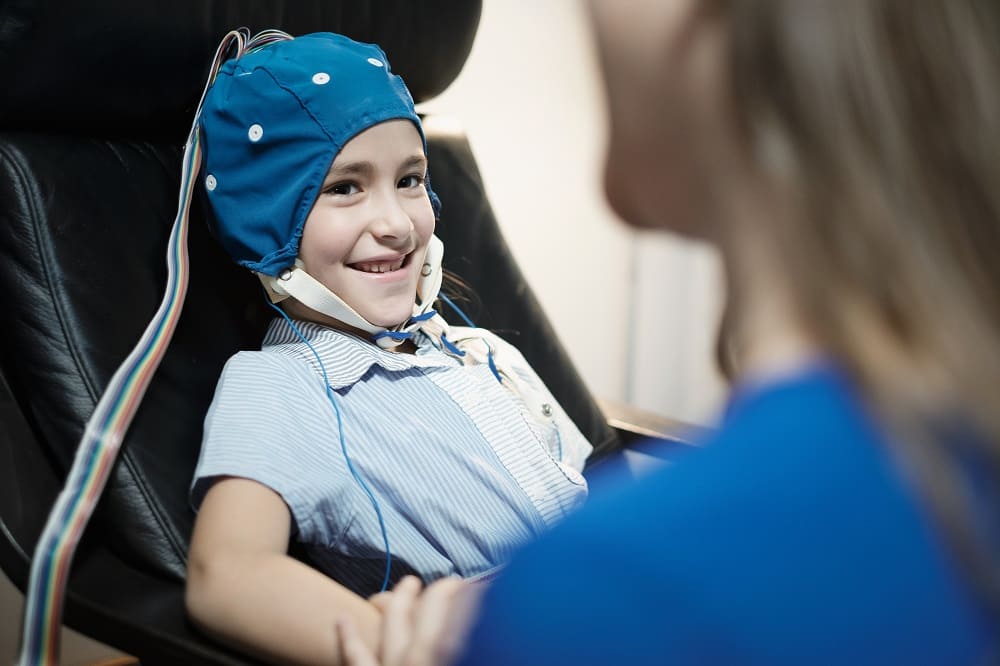Biofeedback Training for Mental Health Disorders
Mental health disorders including anxiety, PTSD, and depression seem to have become more widespread over the past several years. Is it that more information has become available and there is less of a stigma for people to seek mental health services? Is it a combination of effects of the pandemic, mass shootings, and national and international unrest? Whatever the reason is, the fact is that help is needed. Biofeedback training is among the many effective tools that mental health professionals can use to help people suffering from mental health challenges.
Psychologists and other mental health providers tend to do a lot of talking and paperwork as a part of their routine. Some of this can become monotonous. Biofeedback can introduce technology that helps the clients of mental health providers to learn about themselves. It helps them to learn how to make real, physiological, measurable changes. They learn to change how their body reacts to stress using biofeedback.
Some mental health providers may have had minimal exposure to biofeedback or neurofeedback during their initial education. Most have not had extensive training in these areas. The most recognized body offering certification in biofeedback is the Biofeedback Certification International Alliance (BCIA). The didactic educational requirement for BCIA peripheral biofeedback certification is 42 hours. With a course approved for APA continuing education credits for biofeedback, a psychologistcan receive a large number of required hours in a short amount of time while learning an exciting and effective skill. Note, you don’t have to be a psychologist to attend training. Social workers, mental health counselors, physical therapists, chiropractors, occupational therapists, and nurses also get trained in biofeedback. However, this can be a great opportunity for psychologists to gain required hours while learning an evidenced based therapy tool that can also bring some variety to their work and help their clients as well.
More information is available on the American Psychological Association (APA) continuing education program on the APA website: https://www.apa.org/education/ce/index
Information on an approved biofeedback training that offers 42 credits is at: https://biofeedbackinternational.com/biocert/
Information on an approved neurofeedback training offering 36 credits is at: https://biofeedbackinternational.com/neurocert/
Teaching relaxation exercises to clients is helpful. Being able to use biofeedback and neurofeedback to show clients the changes that are going on with their muscle tension, heart rate, breathing, brain and other activity is on another level and can help them understand what is happening in ways that cannot easily be put into words. They are able to learn from themselves through the instruments. Sometimes clients may not even be aware of some of the things that they are learning. It can also help to speed up the learning process because the information that is fed back to the client is faster than you could explain it to them.
Harry L. Campbell, BPS, BCB, BCN
President, Biofeedback Resources International Corp.
www.biofeedbackinternational.com
Author of What Stress Can Do, Available on Amazon.com





